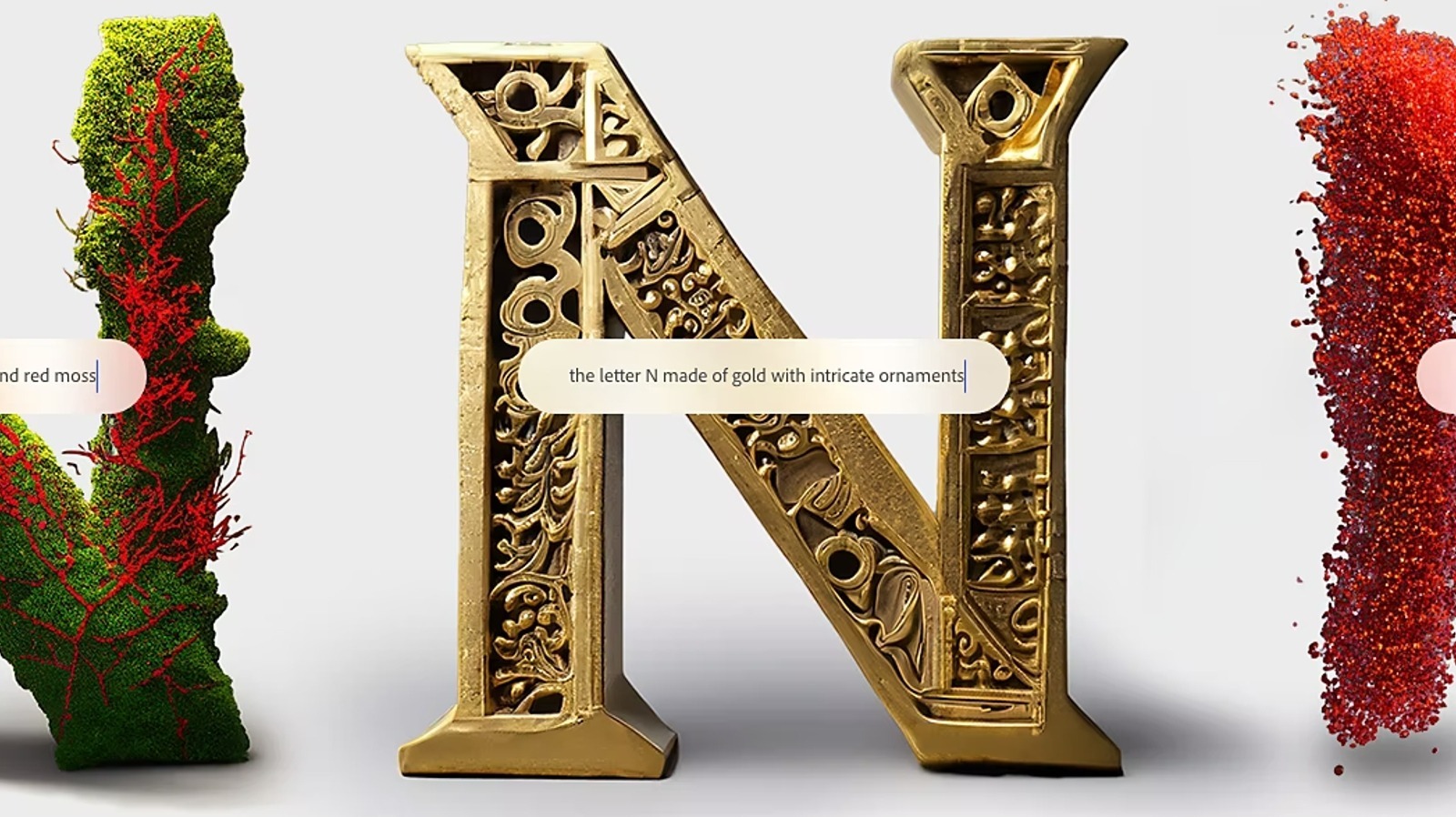
Google Chrome has been built in a time when browsers no longer render mostly web pages, but full-blown web applications. That's why browsers need to be more powerful, more stable and more secure. One of the problems of the existing browsers is that a web page can lock the browser and there's no way to isolate that tab and close it. Google Chrome uses a new process for each tab. "We're applying the same isolation you find in modern operating systems," says Arnaud Weber. Each process is sandboxed to prevent malware from affecting your computer.
The new browser has a JavaScript virtual machine built by the V8 team from Denmark that generates code dynamically and has a better garbage collector.
Google Chrome's UI is inspired by Opera: tabs are displayed above the address bar, the address bar combines previously typed URLs with search results and suggestions and there's a homepage that includes frequently visited sites, recently closed tabs, bookmarks and searches.

Web applications can be opened in chromeless windows, without menus and toolbars, much like in Mozilla Prism. The browser will also include Gears, a set of APIs already available for IE, Firefox and Safari.
Some people will say that Google wants to compete with Microsoft's Internet Explorer or Mozilla's Firefox, but I think there's something more important about the new offering: an open source browser that is prepared for running applications and that diminishes the role of existing operating systems. The browser won't become very popular, but the ideas behind it will influence the next versions of Internet Explorer, Firefox, Opera, Safari.

The browser is not yet available for downloading, but the launch seems imminent.
{ Images licensed as Creative Commons by Google. You can read the entire comic book at google.com/googlebooks/chrome. }
Update: Google announces that a Windows version of the browser will be launched tomorrow. "We realized that the web had evolved from mainly simple text pages to rich, interactive applications and that we needed to completely rethink the browser. What we really needed was not just a browser, but also a modern platform for web pages and applications, and that's what we set out to build. (...) By keeping each tab in an isolated sandbox, we were able to prevent one tab from crashing another and provide improved protection from rogue sites. We improved speed and responsiveness across the board. We also built a more powerful JavaScript engine, V8, to power the next generation of web applications that aren't even possible in today's browsers."

Update 2: Google Chrome has been released and it already supports 43 languages.
Labels: Google Chrome












